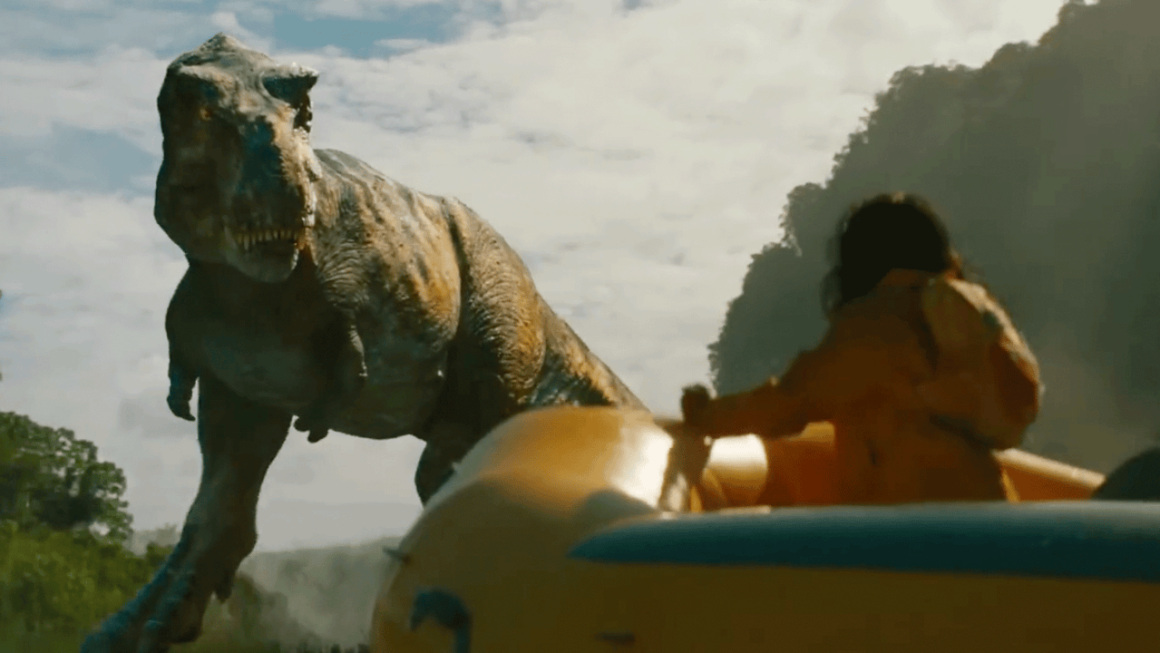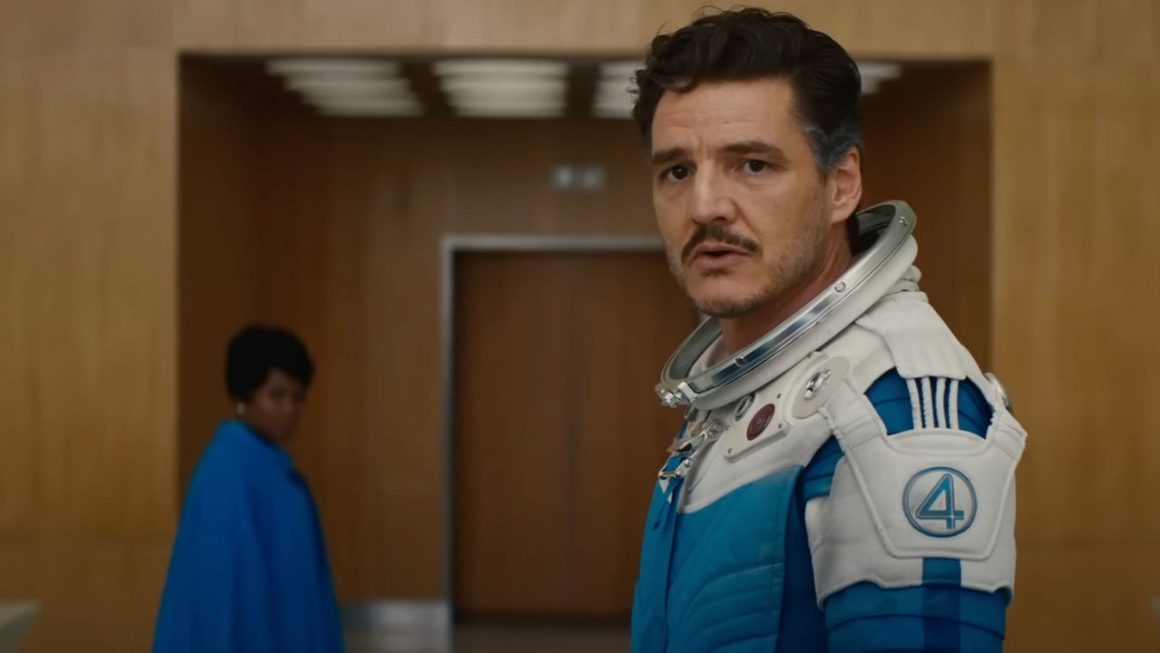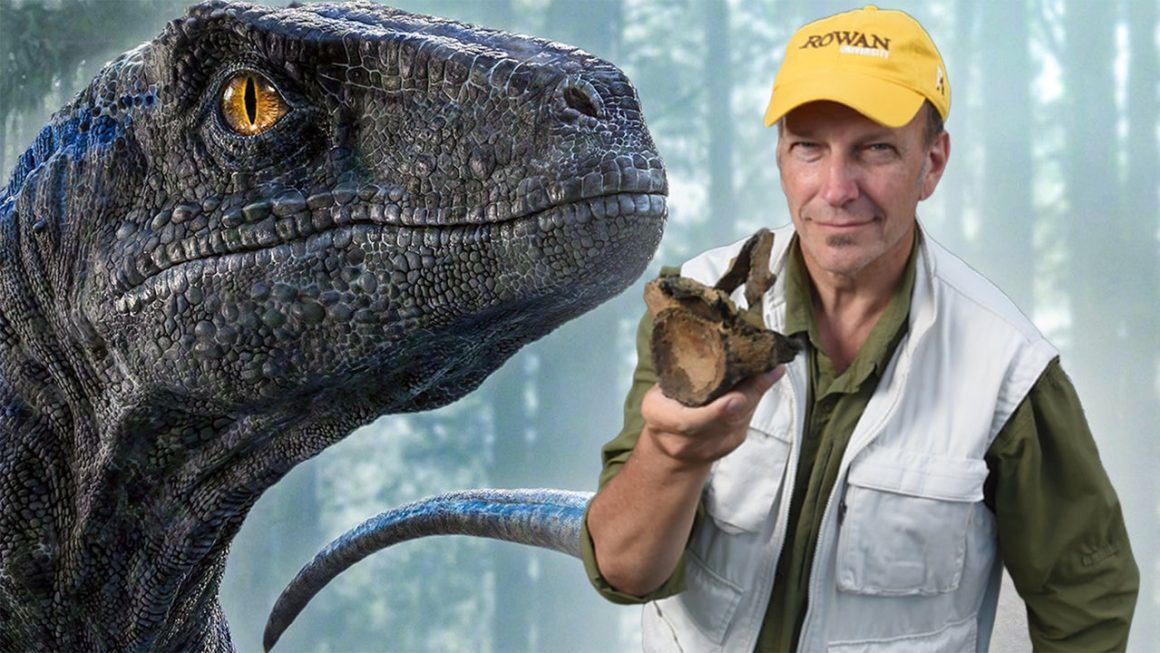Warning: This piece contains full spoilers for Jurassic World Rebirth.
Huge spoilers for Jurassic World Rebirth: There’s an island near the equator populated by dinosaurs. In 1993 (or 1990, if you read the original Michael Crichton novel when it came out), this was an exciting premise. But in 2025, it’s a refrain that’s been used far too often. Despite Jurassic World: Fallen Kingdom ending with the dinosaurs being let loose into the world, two more sequels have since failed to capitalize on that premise. Fallen Kingdom threw the franchise a lifeline to finally do something meaningfully different, but the “new era” of Jurassic promised by Rebirth’s trailers has resulted in a standalone sequel that feels a lot like reheated leftovers. Seven movies in, there’s simply no excuse for the Jurassic franchise to still feel like it’s spinning its wheels.
Let’s take a look at why the Jurassic World series needs to evolve or risk going extinct.
For the Love of Gareth
To start off, Jurassic World Rebirth isn’t a bad movie. It can be quite enjoyable once it gets past a shaky first act. Godzilla and Rogue One director Gareth Edwards turns in high-quality work that highlights what he does best: scale, action, and smart VFX integration. The big ticket dino sequences, in particular the Mosasaurus chase and the T-Rex scene on the river, are some of the most technically proficient stuff you’ll see in a major studio movie this year. If you’re buying a ticket to see dinosaurs (and really, who isn’t?), you’ll get your dinosaurs and then some. It’s certainly stronger than Jurassic World Dominion, which was falling apart at the seams even when it was focused on dinos and not evil locusts. On a fundamental level, Rebirth does exactly what it sets out to do and achieves it relatively well, all things considered.
No, the main issue here isn’t precisely with Rebirth’s quality (although we’ll get to where it could be stronger in a bit), but with the franchise’s overall lack of ambition. Jurassic World Rebirth simply isn’t what the series should be striving for since it has done this song and dance time and time again. After two trilogies that have mostly traded on the same handful of narrative beats aside from the occasional outlier like the T-Rex being unleashed on San Diego in The Lost World or the dinosaur haunted house in Fallen Kingdom, the first film after the end of the initial World trilogy was the perfect opportunity to finally shake things up. The trailers even proclaimed this was the start of a “new era” for the franchise. But you’d never know that from watching the movie, which falls right in line with series convention.
In many ways, hiring Edwards to direct and recruiting franchise veteran David Koepp to return to writing duties feels like working backwards to justify using such an uninspired plot. Universal wanting dino blockbusters to come out on regular intervals is perfectly natural. After all, the last three movies have each crossed the billion-dollar mark. But the truncated pre-production schedule included hiring Edwards at the last minute and precluding him from too much input on the script. THR reported that the producers wanted to “wield a stronger hand” on the project, with the director mostly being a gun for hire instead of the film’s authorial voice. It begs the question of why the studio is so insistent on the Jurassic films being such made by committee affairs when it’s one of their surest bets at the box office. But that lack of voice (beyond the fantastic visuals) is Rebirth’s biggest problem.
Sinking Scripts
Rebirth features an entirely new cast of characters from the previous six films, with nary a cameo in sight, something that’s both shocking and commendable in this era of nostalgia-minded franchise filmmaking. Yet unlike the original film which had a memorable main cast, or the World movies carrying Chris Pratt’s Owen Grady and Bryce Dallas Howard’s Claire Dearing through three main entries, the new group in Rebirth are all introduced here and end the film without any obvious places to go next. That’s perfectly OK if the intention is to make a standalone film, but the script’s machinery in regards to its characters is thinly sketched, resulting in a movie that stays above water on the strength of its direction, but could have gotten way further if the storytelling was more fine-tuned.
A key structural issue is that the movie loses focus due to repeatedly jumping between two groups of characters: Scarlett Johansson’s Zora Bennett and her special ops team on a quest to recover dinosaur DNA samples that will be used to develop a heart medication, and the Delgado family, who get roped into the plot because their boat is capsized by the Mosasaurus. The two groups cross over at the beginning and end of the films, but are largely separated during the middle. The video gamey “find the three biggest dinosaurs” adventure plot going on with Zora’s group doesn’t strike the same tone as the “family desperately trying to survive” story going on with the Delgados. Really, either of these threads could have been their own movie, but Rebirth tries to awkwardly smash them together, seemingly out of feeling obligated to include kids of some sort in a Jurassic film.
Not that the Delgados are a wash, mind you. Their river raft escape from the T-Rex is one of the movie’s best scenes, Manuel Garcia-Rulfo turns in a solid performance as father Reuben, and Dolores, the tiny Aquilops that youngest daughter Isabella (Audrina Miranda) adopts, is frankly adorable. But that lack of focus compromises Zora’s arc, which feels like it’s supposed to be a “mercenary learns the error of her ways and becomes more altruistic” story–the movie literally ends on her making the dramatic choice to share the DNA research with the world instead of cashing it in for her payday–but it can’t register as such because she’s immediately protective of the Delgados even if it jeopardizes the mission. A better film would risk the audience initially disliking Zora by showing her be, well, mercenary, so that her choosing not to be later is an actual change. Instead, Rebirth, like the franchise, takes the path of least resistance.
Enough Is Enough
Lack of risk has been Jurassic’s biggest sin for a long time, even before the series’ modern era. Love it or hate it, Fallen Kingdom was a rare moment where the franchise dared to challenge itself, both aesthetically and philosophically, but it seems to have been a one-time deal. Every other Jurassic sequel, as much fun as they can often be, is too indebted to Crichton and Steven Spielberg’s original work. Rebirth is much the same, often showcasing surface pleasures like thrilling dino action, the charisma of its cast, or the image of Dolores riding along in Isabella’s backpack. But said pleasures also reveal the hollowness at the film’s core, because a truly great Jurassic sequel would have those elements be supplementary virtues instead of its main ones.
Jurassic Park isn’t one of the most beloved and iconic films in history just because it has dinosaurs. It also has great characters, impeccable craft, and a genuinely philosophical science-fiction story that still connects with new audiences decades after its release. Not every film has to be that good, but would it kill the series’ custodians to even try? It feels like the mixed reception to Fallen Kingdom trying something different with its Gothic fairy tale narrative sensibility led to Jurassic World Dominion turning into a sloppy half-measure of fan service and darts-on-a-board-caliber ideas, which in turn led to Rebirth heralding a “new era” that’s yet another serving of exactly the type of movie this series has run into the ground.
Audiences will probably always love dinosaurs. The box office numbers for the previous World movies prove that. Rebirth will likely do well financially no matter what anyone writes about it. But for one of the few blockbuster properties that feels bulletproof (even Marvel is showing signs of waning interest), it’s disheartening how unambitious Jurassic continues to be. It’s not just a lack of change, but a refusal of it. Rebirth revealing that the dinosaurs that escaped into the world in the previous films have mostly died off outside of a handful of islands is creative cowardice, even if the end result is a perfectly entertaining movie.
Jurassic feeling that that’s an acceptable trade-off might not spell doom for it today, but if this series ever wants to turn its reputation around, it needs to learn that evolution isn’t a luxury, but a necessity.
Carlos Morales writes novels, articles and Mass Effect essays. You can follow his fixations on Twitter.


